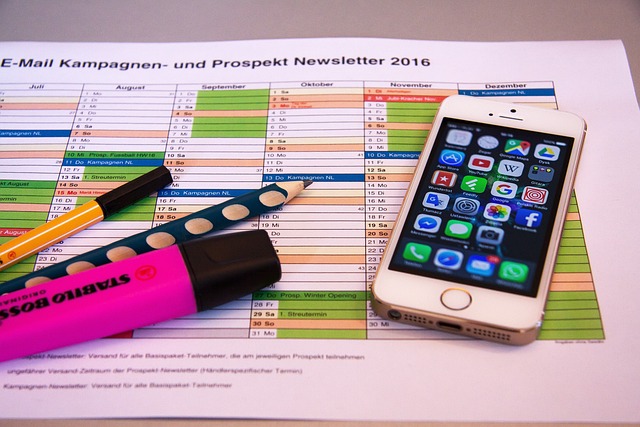AI-driven innovations are transforming the automotive sector by enhancing customer interactions and optimizing service processes. AI chatbots and virtual assistants offer 24/7 support, handle inquiries, and learn from client interactions to improve efficiency. Integrating AI-powered systems allows auto businesses to leverage predictive analytics for proactive maintenance, streamline operations, and revolutionize marketing with personalized campaigns based on customer data, ultimately boosting brand loyalty through enhanced customer experiences.
The auto industry is undergoing a quiet revolution with the strategic implementation of Artificial Intelligence (AI)-powered systems for automotive service optimization. From enhancing customer experiences to streamlining operations and revolutionizing safety, AI is transforming every aspect of the automotive sector. This article explores key strategies, including AI chatbots for support, predictive analytics for personalized marketing, automated vehicle diagnostics, advanced driver-assistance systems, and smart inventory management. These innovations not only improve efficiency but also elevate customer satisfaction in a competitive market.
- Enhancing Customer Experience with AI-Driven Interactions
- – Exploring AI chatbots and virtual assistants for customer support
- – Personalized marketing and sales strategies using AI
Enhancing Customer Experience with AI-Driven Interactions

In today’s digital era, AI-powered systems are transforming the automotive industry by enhancing customer experiences through efficient and personalized interactions. Auto businesses can leverage AI to streamline various processes such as scheduling appointments, providing real-time diagnostics, and offering tailored recommendations for vehicle maintenance. By implementing AI-driven chatbots or virtual assistants, customers can easily communicate with the dealership, receive instant answers to their queries, and even book services without facing lengthy wait times—a significant improvement over traditional methods.
Furthermore, these systems can analyze customer behavior, preferences, and service history to offer proactive solutions. For instance, predictive analytics enabled by AI can anticipate potential vehicle issues before they occur, alerting customers and allowing for preemptive maintenance. This not only ensures a seamless ownership experience but also contributes to the overall optimization of automotive service operations.
– Exploring AI chatbots and virtual assistants for customer support

Auto businesses can greatly benefit from implementing AI-powered systems, especially in enhancing customer support and optimizing service processes. One such innovation is the introduction of AI chatbots and virtual assistants that can handle a wide array of customer inquiries efficiently. These digital agents can provide quick responses to common questions regarding vehicle models, maintenance schedules, pricing information, and even assist with scheduling appointments.
By deploying AI chatbots, auto businesses can offer 24/7 support, ensuring customers receive immediate assistance regardless of the time zone or day of the week. This not only improves customer satisfaction but also allows human agents to focus on more complex issues, thereby increasing overall operational efficiency. Moreover, these AI systems can learn and adapt over time, continually refining their responses based on real-world interactions with clients, ultimately contributing to improved automotive service optimization.
– Personalized marketing and sales strategies using AI

The integration of AI-powered systems in auto businesses offers a transformative opportunity to revolutionize personalized marketing and sales strategies. By leveraging machine learning algorithms, automotive companies can analyze vast customer data to gain intricate insights into preferences, behaviors, and buying patterns. This enables them to craft highly tailored campaigns that resonate with individual customers, enhancing the overall customer experience. For instance, AI can power dynamic pricing models, offering personalized discounts based on user behavior, increasing sales conversions.
Moreover, these advanced systems can automate and streamline sales processes, from predicting customer needs using natural language processing to providing proactive recommendations through chatbots or virtual assistants. This not only expedites the sales cycle but also ensures that customers receive relevant and timely information, fostering stronger relationships and boosting brand loyalty in the automotive industry.
AI implementation offers auto businesses a powerful tool to optimize their services. By enhancing customer interactions with AI chatbots and virtual assistants, companies can provide 24/7 support and personalized experiences. Additionally, leveraging AI in marketing and sales allows for targeted campaigns that drive engagement. Embracing these AI-powered systems for automotive service optimization is not just a trend but a strategic move to stay competitive in the digital age, ensuring businesses meet customer expectations while increasing efficiency.
